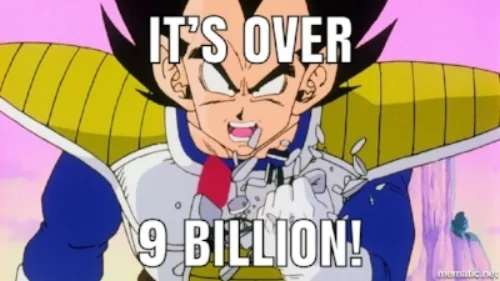Strategies for Dealing with Doubt
/A general tasked with defeating a powerful enemy army. An overweight person making a New Year’s resolution to drop 30 pounds. A student during finals week. What do these people have in common? Among other things, all three could benefit from coming up with plan, a strategy. Each of them faces some obstacle, and there are things each can do to give themselves the best chance of overcoming those obstacles.
Doubt is an obstacle to Christian faith. Like an enemy army, weight loss, or finals, there are things we can do to help create a context for overcoming the obstacle of doubt. To that end, I wish to offer a few strategies here. Elsewhere, I addressed some ways we might be sabotaging ourselves in relation to doubt. That reflection was more of a diagnostic tool, a self-checkup if you will. If you haven’t read it, I encourage you to do so before continuing. Here, I want to take the offensive. Let’s get started.
To one who struggles with doubt, I suggest that as a first step, you find one or two Christian friends you feel comfortable talking about it with. You never know, maybe one or both of them have also walked through that valley. I had a few people I confided in when I struggled badly with doubt, and the conversations I had with them helped me. One of those friends had also struggled. Sometimes it’s nice to know you’re not the only one, you know? For the most part, it wasn’t really answers to intellectual challenges that I found most helpful about these conversations. It was this—talking with them helped to diffuse some of my distress. Burdens are easier to bear when you’ve got a buddy or two helping you.
The second thing I’d advise is to keep doing the things a Christian normally does, even if it doesn’t feel right. Go to church. Pray. Worship. Read the Bible. God uses these things to grow and transform us. Part of that growth and transformation might include your journey out of doubt.
I’ve talked before about the importance of imbibing Christian truth. God’s truth helps us properly make sense of everything else we imbibe. This is one reason why it’s important to read the Bible. I know that when you’re struggling with doubt, reading the Bible can be stressful because it reminds you of your predicament, but don’t stop. Especially if you haven’t stopped reading other books, watching movies or TV, playing video games, or whatever. Toward this end, you can also read Christian books (other than the Bible)—both apologetics books and books about other topics—and listen to good Christian podcasts, watching videos, etc. The bottom line is this: Make sure to keep the truths of Scripture constantly before your mind’s eye so that you can properly interpret everything else you see. Otherwise, you will drift, and probably not in the direction of belief.
A third step might be dealing with persistent sin issues. Sin and doubt have a strong relationship, as I’ve talked about before. Sin has a subtle way of making unbelief convenient, and this can happen without your consciously knowing it. If you’re struggling with doubt, you might be less motivated than ever to put a stop to sinful practices, but take it on faith (no pun intended)—it might just be that by letting go of that grudge, by running away from pornography, by saying “No” to the bottle, or whatever it might be, you are helping to put an end to your doubt, too.
The last thing I’ll say is this: Don’t give up. Keep seeking answers. They are there. I’ve found many of them myself. But more important than continuing to seek answers, keep chasing after God. Most of the strategies above help toward that end. Scripture promises that if we draw near to God, He will draw near to us (James 4:8). So keep following the sound of His voice, even though you may not see Him through the fog. I think that after some number of weeks or months have passed, the mists will start clearing, and before long, you’ll find that He’s led you into much more pleasant country.



